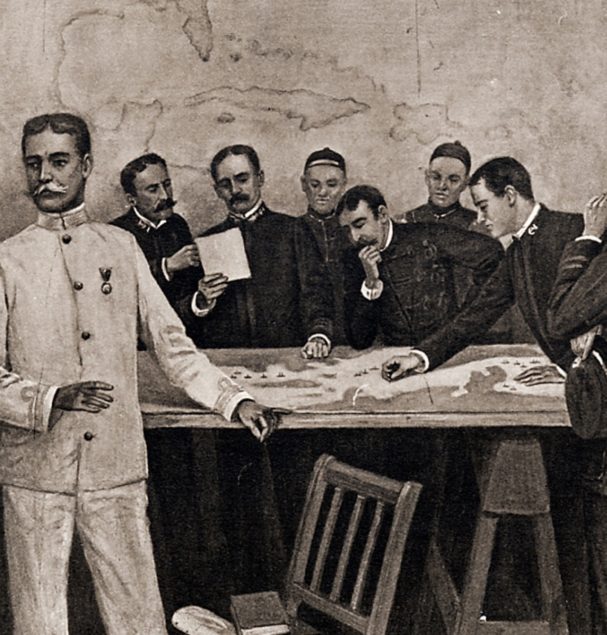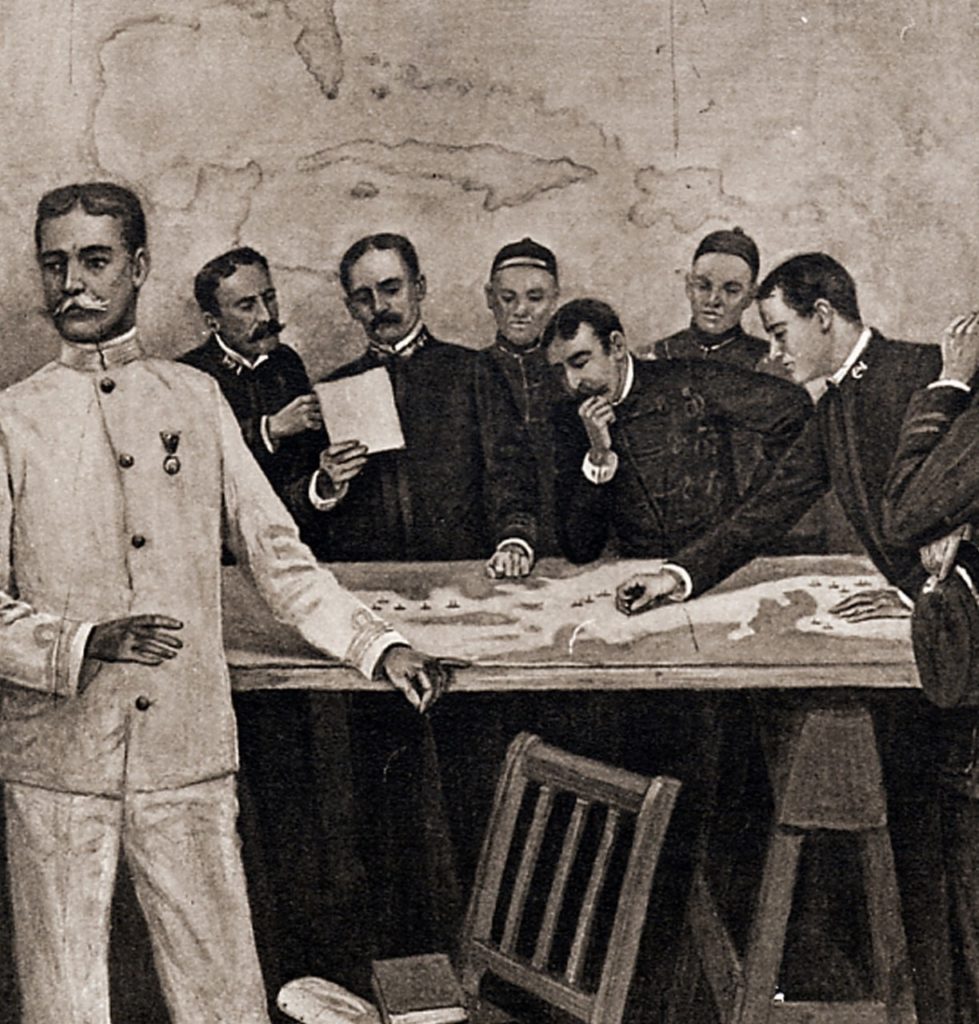
Why a TECOM Warfighting Society?
Posted on: October 25,2019“We must always seek ways to become more effective in the way we train and educate our Marines and there should never be any barriers between training and education because both are absolutely required…We need to contribute to a maneuver warfare culture that renders intent and then enables a mature, intelligent, quick thinking subordinate leader to execute that intent. That we do not currently have this culture is evident to me from the Commandant’s question, ‘What do we need to do to reinvigorate Maneuver Warfare?’ He is asking because we are not fostering the mentality that enables maneuver warfare in those we train and educate. It must start with us here in TECOM.”
MajGen William F. Mullen, III., “Commander’s Guidance”

The TECOM Warfighting Society (TWS) was established by CG TECOM in November 2018 as a modern extension of the 20th century Marine Corps’ “Chowder Society” and the 19th century Prussian Army’s “Militäriche Gesellschaft”. The TWS was envisioned as a voluntary think-tank comprised of officers and staff-noncommissioned officers for the purpose of promoting personalized Professional Military Education (PME) and the transforming of ideas into concepts to improve the efficacy and capability of the modern Marine Corps. As the father of modern military education, Gerhardt Scharnhorst writes,
“…make it the responsibility of the regiments to place the same amount of emphasis on the Bildung [philosophy and education] of officers as they do on drill and discipline [technique].”
Charles, E. White, “An Aristocracy of Education”, The Enlightened Soldier: Scharnhorst and the Militärische Geselleschaft in Berlin, 1805-1805.,
Education and Training can be distilled into complimentary elements; the art and science of war. To put it simply they must address both cognitive skills education and technical task training. Through PME we address how to think and how to make sound, timely decisions:
“Adaptability and agility are related. Both lead to changes in missions, plans, procedures and outcomes, but adaptability is unimpeded by time constraints. Most individuals, groups and institutions can adapt slowly to changes. Agility on the other hand, implies a rapid adaptation to changes in a situation.”
Donald Vandergriff, Raising the Bar: Creating and Nurturing Adaptability to Deal with the Changing Face of War., Naval Institute Press, Annapolis, MD, 2002., (44).
One of the methods that TWS seeks to develop adaptability for its members and for the Corps is through the use of modelling and simulation (M&S), wargaming and its derivatives (decision-forcing case studies and tactical decision games [TDG]).
“TDG are one of the best ways to develop decision-making skills with little cost, but the teacher must know how to facilitate a TDG or the wrong lessons are taught.”
Donald Vandergriff
TWS provides a repository of articles, scenarios for Force-on Force simulation, decision-forcing case study, historical study, and TDGs that can be used by leaders for their PME, to cultivate their subordinate leaders, and for use as a “rehearsal” for execution in training and combat. Our Commandant has expressed his guidance as such,
“The National Defense Strategy has directed us to focus in new areas, and this requires us to think, innovate and change. Addressing these new mission sets starts with ideas, ideas are developed into concepts, and concepts that are then tested and refined by wargaming, experimentation, and M&S…In the context of training, wargaming needs to be used more broadly to fill what is arguably our greatest deficiency in the training and education of our leaders: practice in decision-making against a thinking enemy.”
38th Commandant’s Planning Guidance, 2019., (17, 19)
TWS and its affiliates in Hawaii and California seek to carry out this intent: Time Now.




